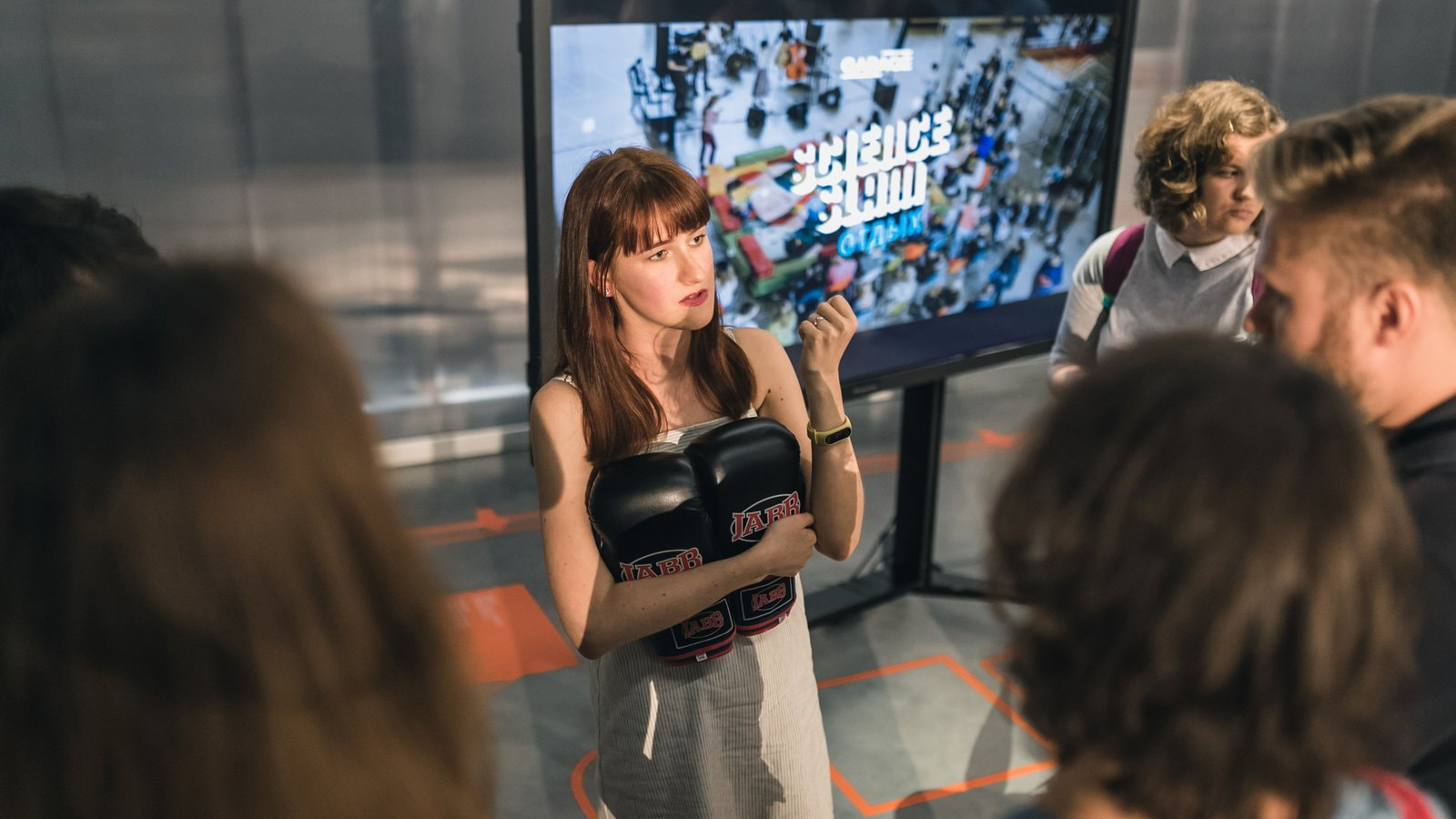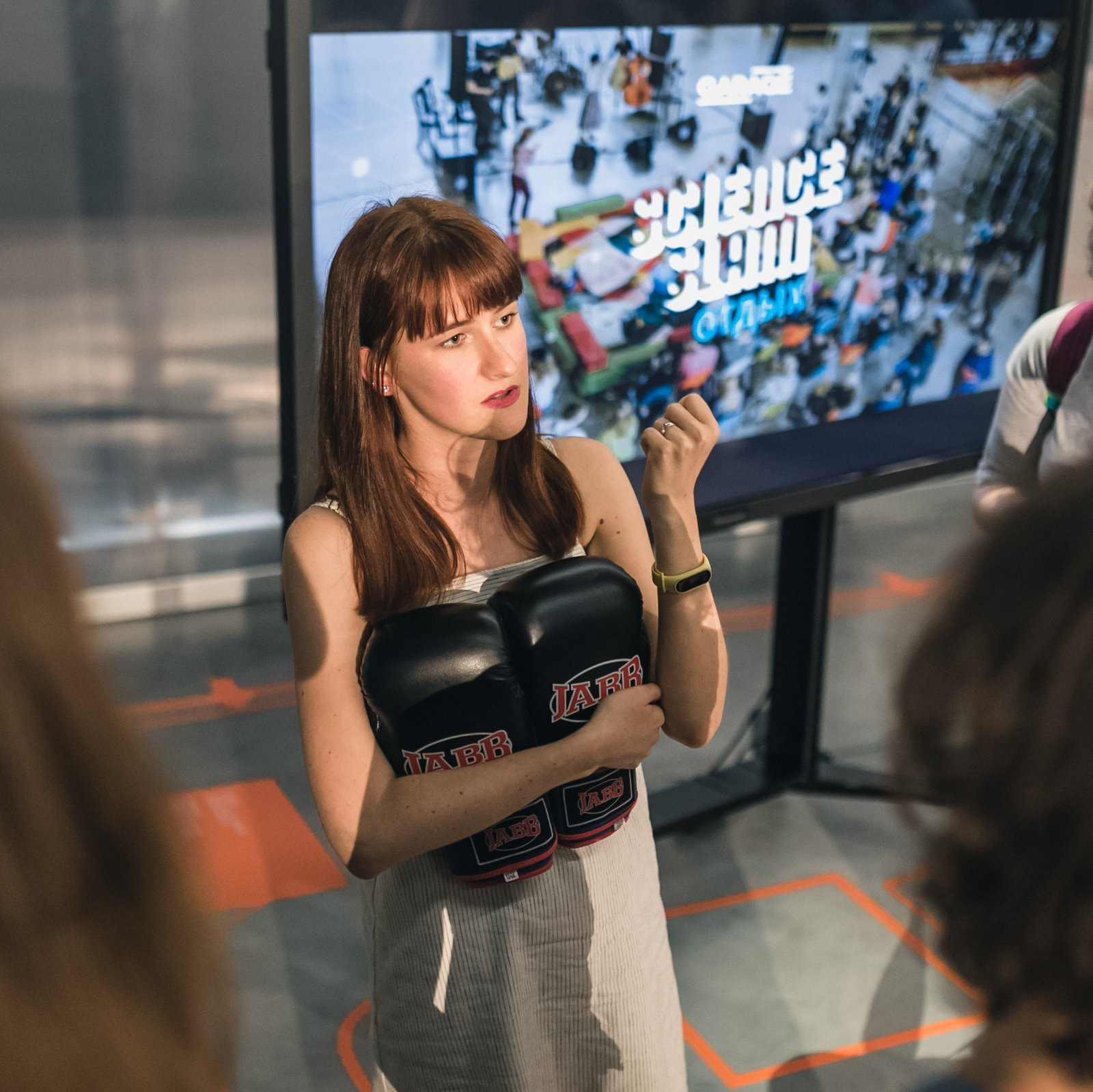Aleksandr Khokhlov is a spacecraft instruments design engineer at the Russian State Scientific Center for Robotics and Technical Cybernetics, member of the North-West Organisation of the Federation of Cosmonautics of Russia. Active in the field of popular science, Khokhlov is the chairman of the Youth Section at theNorth-West Organisation of the Federation of Cosmonautics of Russia and a member of Tsiolkovsky Russian Academy of Cosmonautics. He studied at Penza Institute of Technology and from 2002 to 2006 worked as an engineering technologist at the Experimental Engineering Factory of Energia Korolev Rocket and Space Corporation. From 2006 to 2010 he was the life support systems operator in the group developing technical instruments for extravehicular activity at the International Space Station and worked on the service support of its Russian Orbital Segment. In 2009, he spent three months working in the Russian Regional Group at the Mission Control Centre in Houston.
Aleksey Sivukhin is an ecologist, senior lecturer at Ivanovo State University. He graduated in Biology from Ivanovo State University in 2013 and got a Doctoral Candidate degree in Ecology in 2016. He has been teaching in the Department of Biology and Physiology of Ivanovo State University since 2011. He is the chairman of the university’sYoung Scientists’ Board and Deputy Head of its Science and Research administration.
Ilya Serezhkin is a Doctoral Candidate in Biology at Moscow State University and a researcher at the university’s laboratory of microbial biotechnology. He is a two-time winner of ScienceSlam events organized byThe Polytechnic Museum in collaboration with the Government of Moscow. In 2015, he graduated in Microbiology from Moscow State University. His research interests include ecological and food microbiology. He is currently writing a thesis on the use of microorganisms in the clean-up of oil spills in the ocean.
Artur Ishteev is an engineer at the Laboratory of Emerging Solar Energy, a Doctoral Candidate in Materials Science at the National University of Science and Technology (MISiS). He graduated from Peter the Great St. Petersburg Polytechnic University in 2013 and got an MA from MISiS in 2015. In 2018, he received the Presidential Scholarship for studying abroad and spent a year doing research in the University of Texas at Dallas. His professional interests include the development of perovskite solar elements and LEDs.
Ekaterina Umnyakova is the author of How Immunity Works(2019), active in the field of popular science. In 2014, she received an MA in Biology from Saint Petersburg State University and in 2018, a Doctoral Candidate degree in Pathological Physiology and Biochemistry from the Institute of Experimental Medicine. She is a senior researcher at the Department of General Pathology and Pathological Physiology at the Institute of Experimental Medicine, where she works in a research group studying antimicrobial proteins and peptides.
Irina Timofeeva is an ecologist and lecturer at ITMO University in Saint Petersburg. In 2009, she took part in Toxicology and Environmental Health Summer School at Utrecht University in the Netherlands. She graduated in Biodiversity and Environmental Protection from Saint Petersburg State University in 2011 and received an MA in Information Systems and Measuring Technology in Environmental Protection and Technological and Ecological Safety from ITMO University in 2013. She has been a Doctoral Candidate in Geoecology at ITMO University since 2013 and a lecturer since 2016.

